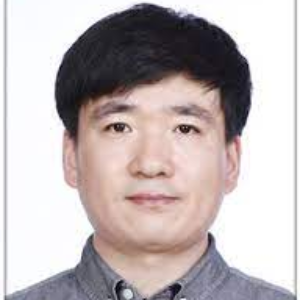Abstract:
Head and neck cancers (HNCs) are aggressive and cause sixth cancer-associated mortality in the world. The treatment options including surgery, radiation therapy, and chemotherapy are complex and often recommended in various combined modalities. Current chemotherapies like cisplatin and cetuximab to treat locally advanced HNCs, although firmly established, present a number of unresolved issues. Emerging evidence supports that aberrant regulation of cell cycle results in uncontrolled cell proliferation, making them attractive therapeutic targets in various cancer treatments. In addition, abundant underlying molecular mechanisms have been suggested for differences in treatment response, but the impact of MAPK signaling, a key driver of carcinogenesis in various cancers including HNCs and a major player mediating therapy resistance remains elusive. Therefore, to facilitate the use of chemotherapy as a therapeutic strategy in HNCs, we have developed a combination therapy that target on both cell cycle checkpoint and MAPK pathways. Two potential chemotherapeutic agents including palbociclib as a cell cycle check point inhibitor and Trametinib as a MAPK pathway inhibitor were selected, and investigated for anti-cancer effects in HNCs. The results indicate that the combination of palbociclib and trametinib significantly inhibited proliferation in 2D and 3D culture, induced G0/G1 arrest, senescence and apoptosis in vitro and in vivo. Moreover, the cell cycle and MAPK pathway were also significantly decreased in combination treatment, suggesting potential anti-cancer activities in HNCs. Collectively, co-targeting both the cell cycle check point and MAPK is a novel and attractive strategy for treating HNCs.




